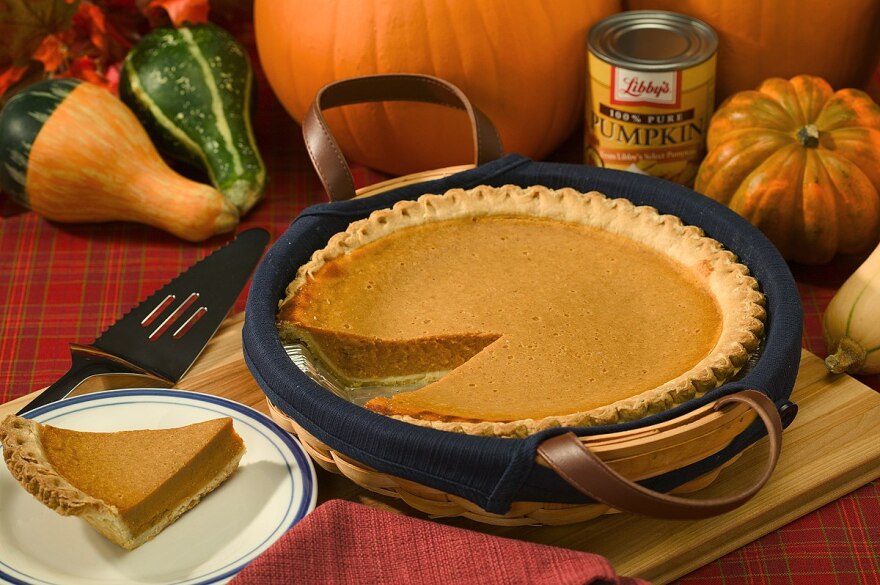Dozens of different types of food dishes are made every year for Thanksgiving. There’s the traditional turkey, mashed potatoes, acorn squash and green bean casserole.
Skipping to perhaps some of the most popular dishes are desserts, including apple, pecan, and especially pumpkin pie.
However, around 300 years ago, there was almost a Thanksgiving without any pies served in Connecticut due to a lack of one key ingredient: molasses.

History of molasses in American Colonies
Molasses is a dark type of syrup extracted from the process to refine raw sugarcane into typical sugar crystals. Due to molasses retaining much of the sweet qualities from sugar, it’s been used as a sugar substitute in many dishes dating back to the late-16th century.
According to food consultant and writer Peggy Trowbridge Filippone, molasses was first exported from the West Indies primarily used to create rum after enslaved people from Barbados discovered the substance could be fermented into alcohol. Molasses quickly became popular not just as a key ingredient for booze, but as a cheap sweetener alternative to sugar to use in a variety of pastries.
European colonists in New England used molasses in baked beans, brown bread and the newly enjoyed pumpkin pie. While pumpkins were native to the Americas, the rest of the world wouldn’t encounter the squash until European explorers brought the fruit back from their travels.
Settlers would use pumpkins to make early forms of pie and bread far different from what is commonly seen on tables today. To help sweeten the pastry, settlers would often use molasses from their local sugar crops or had it imported from West Indies plantations.

The Colchester molasses Thanksgiving crisis
Towns were still in their infancy in the early 18th century. The young town of Colchester faced a crisis in 1705.
Established in 1699, most of its roads and infrastructure were still being built, and settlers still relied heavily on shipments by boat for food and other supplies. The town faced harsh snowstorms that October leaving many of the nearby rivers frozen and the land blanked with up to three feet of snow. Without access to molasses, these harsh circumstances forced Colchester officials to postpone Thanksgiving, which was supposed to be celebrated on Nov. 4 that year. The holiday celebrated today was not recognized until after the Civil War.
According to town records, officials decried, “...there was a Thanksgiving appointed to be held on the first Thursday in November, and our present circumstances being such that it cannot with convenience be attended on that day, it is therefore voted and agreed by the inhabitants as aforesaid (concluding the thing will not be otherwise than well resented) that the second Thursday of November aforesaid shall be set aside for that service.”
Molasses’ Thanksgiving legacy

Colchester's molasses Thanksgiving crisis would become a harrowing tale amongst colonists and would be retold for centuries. In 1908, the story even became the subject of a poem for the July edition of Good Housekeeping Magazine.
Molasses and pumpkins played pivotal and popular roles in the young North American colonies. In fact, demands for molasses and its by-products became so popular that the British Empire imposed a tax on the ingredient through the 1733 Molasses Act. The law was designed to curtail shipments from non-British West Indies molasses suppliers in order to create a monopoly on the product.
However, many colonists ignored the tax and instead purchased molasses from smugglers. The tax on molasses was eventually lowered following the introduction of the 1764 Sugar Act but further taxing on other products would further frustrate colonists, becoming a key factor for the American Revolution.

